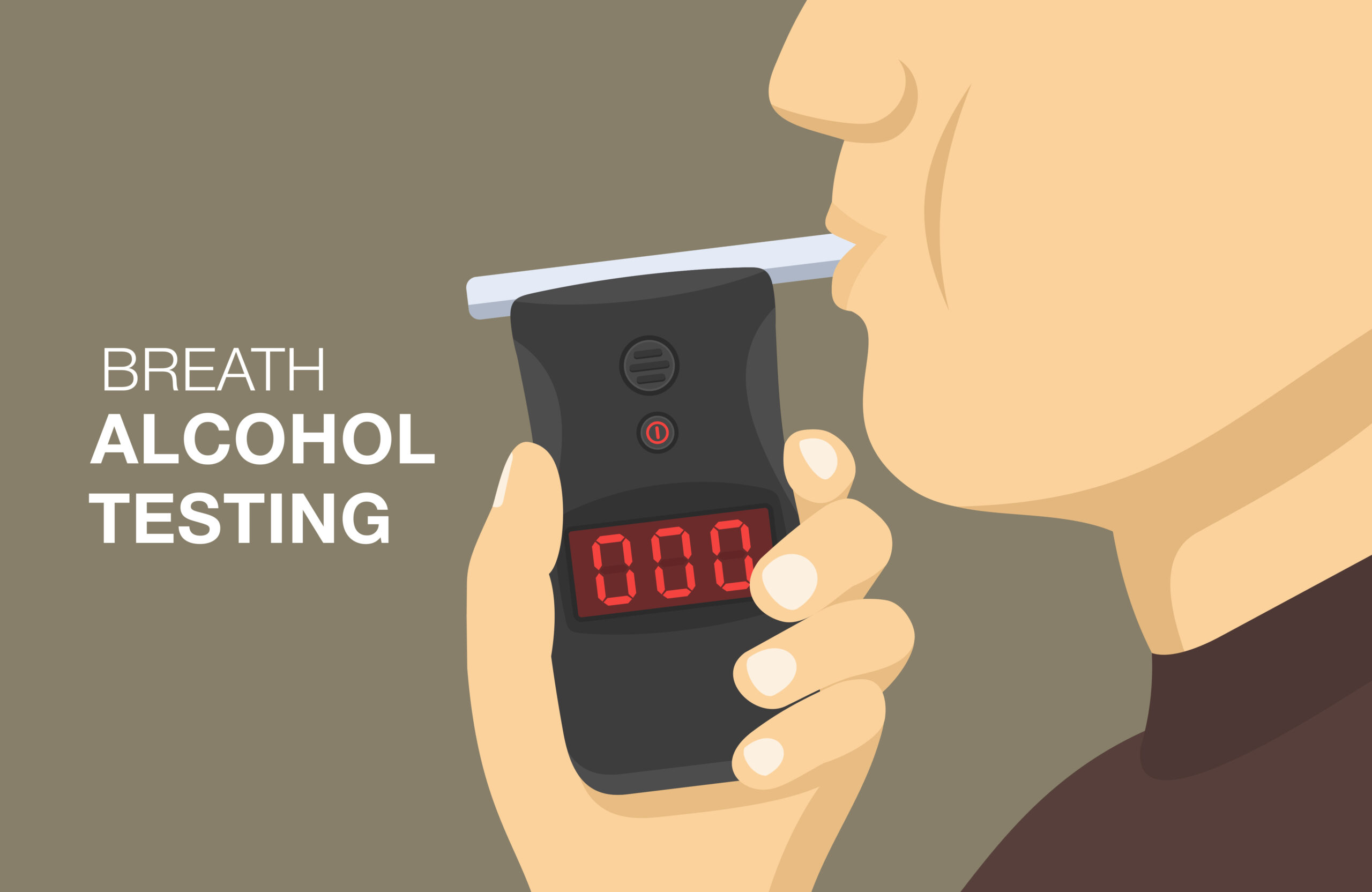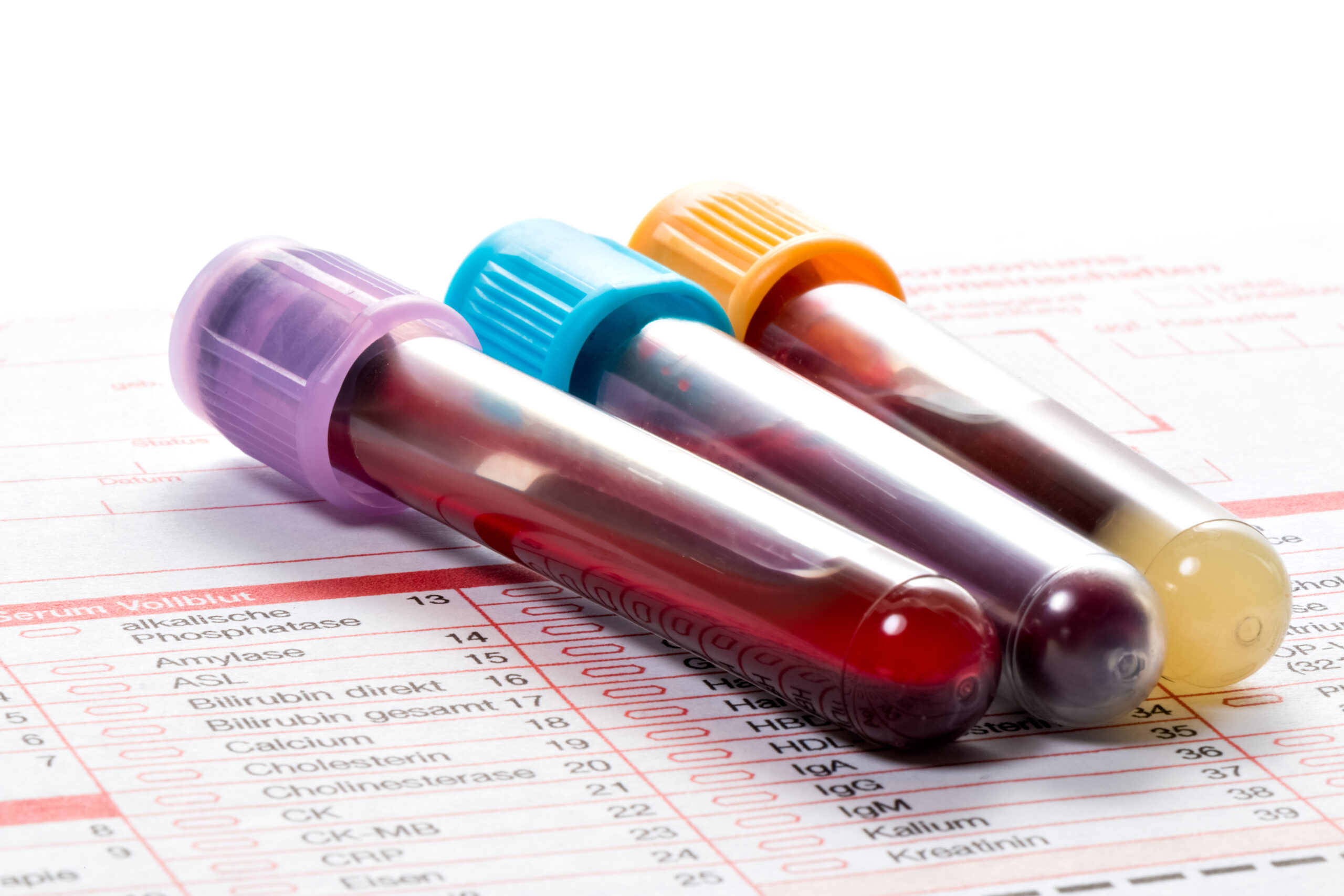Breath and Blood Tests in Texas DWI Cases
Being charged with a DWI in Texas can feel isolating and overwhelming. The criminal defense team at the Westbrook Law Firm is here to make sure you never alone after an arrest.
Over the last 20 years, we’ve helped hundred of clients – just like you – avoid a conviction and protect their lives. We want to help you, too. Our focus is entirely on our clients – regardless of the criminal charge.
In almost every DWI investigation, law enforcement will request a breath or blood specimen. The police must provide a statutory warning, called the DIC-24, where you consent to or refuse the requested specimen. Breath and blood specimens can have significant impacts on your case and overall defense. It’s important to understand these tests when fighting your DWI charge.
Obtaining a Breath Sample During Your DWI Arrest

A breathalyzer is a device that detects alcohol. Police officers use breathalyzer tests to estimate the amount of alcohol in a driver’s system. Breathalyzer tests are typically conducted in the field when an officer pulls you over. Most states require suspected drunk drivers to submit to a breath test. Texas law assumes that every driver has automatically consented to a breathalyzer test after arrest.
How Does a Breathalyzer Test Work?
When a person drinks alcohol, it is absorbed into their bloodstream. Some of this alcohol is expelled through the person’s breath. When a driver blows into a breathalyzer device, the breathalyzer can detect the presence of alcohol in the person’s body.
After a driver blows into a breathalyzer, the device calculates the amount of alcohol in their blood – resulting in a blood alcohol concentration (BAC). The reading is based on the amount of alcohol vapor found in the person’s lungs. The formula helps determine the driver’s BAC.
How Do I Fail a Breathalyzer Test?
Drivers who have a higher blood alcohol concentration (BAC) than is legally allowed will fail a breathalyzer test. Here are the legal limits depending on age and occupation.
- Drivers aged 21 and older may not operate their vehicle with a BAC of 0.08 % or higher.
- Underage drinkers (drivers under the age of 21) will fail a breathalyzer test with a BAC level of 0.02 % and above.
- Commercial truck drivers can face criminal charges if they operate their work vehicles with a BAC level of 0.04 % or higher.
Are Breathalyzer Tests Reliable?
Breath tests do not always yield accurate results. Depending on the facts surrounding the stop, a criminal defense lawyer can challenge the validity and reliability of the test results. Reliability problems might be present if the device is defective, or the officer incorrectly administers the test.
Can Breathalyzer Results Be Challenged in Court?
Yes. DWI defense lawyers can challenge the reliability and accuracy of breathalyzer results in court. Breathalyzers can be inaccurate for many reasons. An experienced criminal defense lawyer will use any applicable nuance to attack the credibility of the test.
External factors can – and typically do – influence the results of a breathalyzer test. The accuracy of a breathalyzer test can depend on a number of factors, including:
- User Error: An officer’s inexperience or incompetence might negatively affect the results of the breathalyzer test.
- Machine Malfunction: Poorly maintained breathalyzer machines can malfunction and alter the results. It is possible to have a false positive result if the breathalyzer has not been properly maintained.
- Environmental Factors: Despite the breathalyzer analyzing the amount of alcohol on the driver’s breath, it is not an exact science. The results of a breathalyzer test can be influenced by environmental factors. For example, certain medical conditions can alter the final results of the breathalyzer test.
Obtaining a Blood Specimen During Your DWI Arrest

A blood specimen test is a chemical test administered by police officers following a DWI arrest. The purpose of a blood specimen test is to determine if the suspect has an illegal amount of alcohol in their system.
How Is a Blood Specimen Taken?
Taking a person’s blood is considered a medical procedure. For everyone’s safety, police will transport a DWI suspect to a hospital or clinic to take the sample. A healthcare professional will draw the driver’s blood. The sample is typically sent to a lab. The results are provided to law enforcement officers. Depending on the results, the case will continue forward.
Am I Required to Consent To a Blood Specimen Test?
Texas has an implied consent law. Under Texas law, every person who is licensed to drive has agreed to submit to a blood test if they are stopped on suspicion of DWI. Failure to consent to a blood test can have serious consequences.
Texas Transportation Code Section 724.035 lists the consequences that drivers face for refusing to consent to a blood test after a DWI arrest. A non-compliant driver might face:
- License revocation for 180 days
- Losing driving privileges for two years if the driver has previous DWI-related convictions
- Refusing to take a blood test can be used as evidence against you in court
The implied consent law applies to blood specimen tests, breathalyzer tests, and field sobriety tests.
The Texas implied consent law only requires drivers to submit to any of the above tests after the officer makes an arrest.
Although you can legally refuse to submit to a blood test, most Texas counties have procedures in place to obtain search warrants for your blood – forcing you to provide a blood specimen.
Can Blood Specimen Tests Be Challenged in Court?
Blood specimen tests are generally the most reliable sobriety tests. Blood specimen tests can also detect the presence of illegal drugs, unlike a breath test. However, there are limits to the legality of using blood specimen tests.
Blood specimen tests are extremely vulnerable to legal attacks. Although there are implied consent laws in Texas, the United States Supreme Court protects against unlawful collection of blood samples from DWI suspects. Police must obtain a valid search warrant, which can be challenged if the officer’s affidavit or the warrant itself have errors.
Contact an Aggressive Texas DWI Defense Attorney Now
When you’re facing a DWI charge in Texas, you need the best legal team to support you. Please contact the Westbrook Law Firm immediately to discuss your legal rights and options. Our team is dedicated to protecting your legal rights and getting you the best results available. Call us today at 281-888-5581 to schedule a free and confidential consultation.
Texans rely on the Westbrook Law Firm to help them fight all types of DWI charges. With more than 20 years of experience, we have successfully defended countless Texas drivers accused of DWI.
We are committed to our clients’ success and want to help. Contact us today to get started.




















